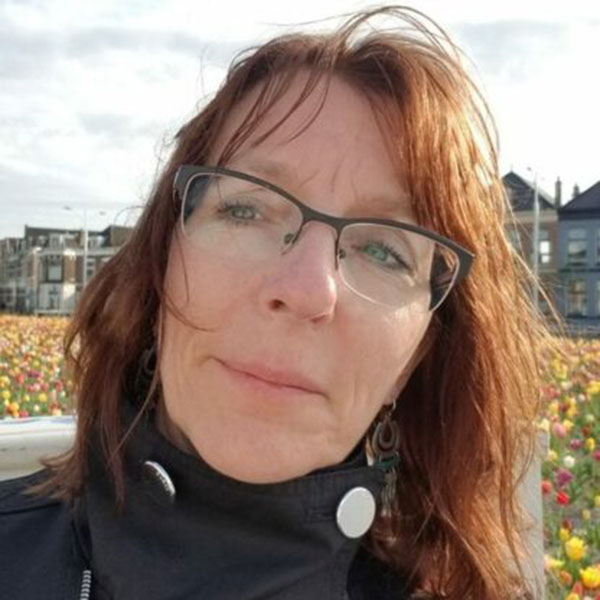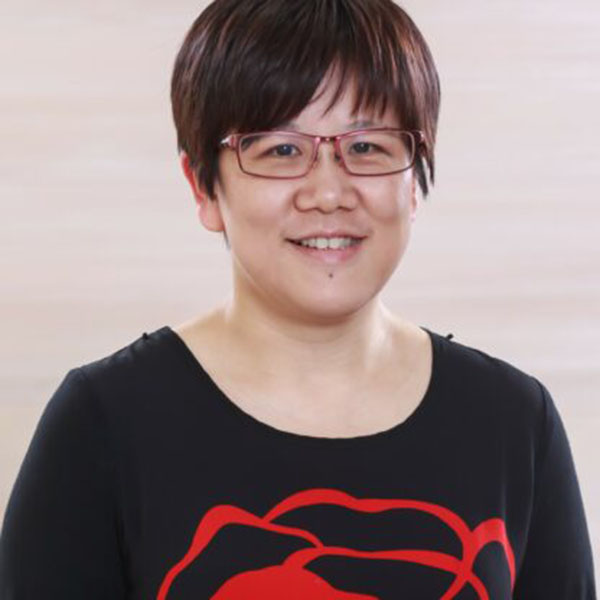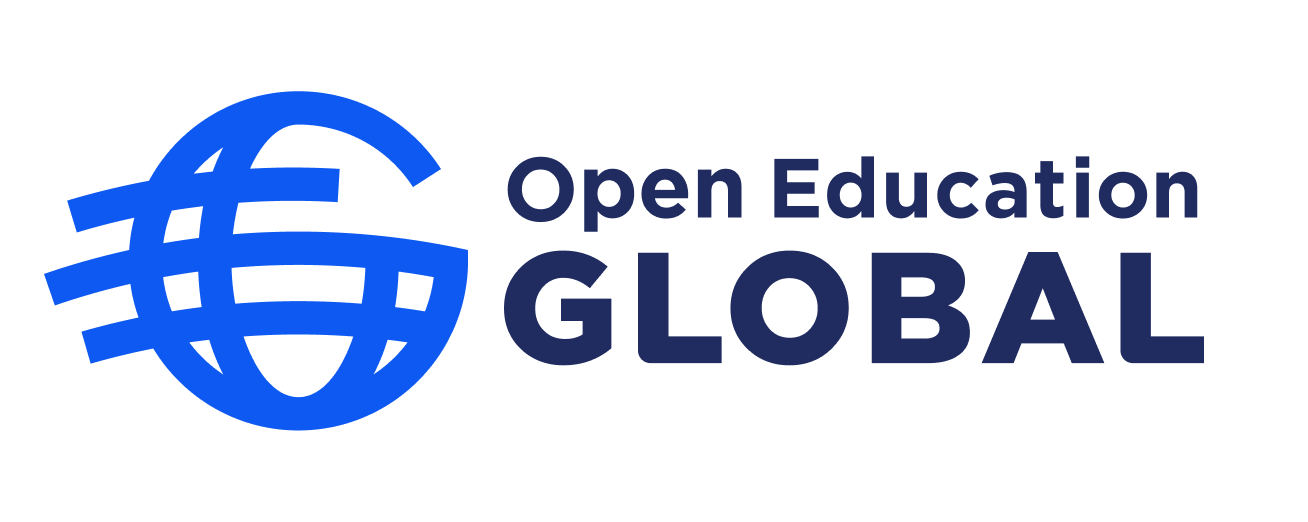The Open Education Global (OEGlobal) Board of Directors is pleased to announce the election of a new President, Vice President, and Treasurer to the Board of Directors on September 1st, 2023.
The changes to the OEGlobal Board Office Bearers include:
- Perrine de Coëtlogon (France) voted as President
- Constance Blomgren (Canada) voted as Vice President
- Hsu-Tien (Marian) Wan (Taiwan) voted as Treasurer
Connie will serve as Vice President of the Board along with Lisa Young, who was voted Vice President of the Board in January 2023.
At the same time, Cathy Casserly (USA) and Martin Dougiamas (Australia) were re-appointed as Board Members.
The OEG Board of Directors would also like to sincerely thank Lena Patterson (Canada) and Willem van Valkenburg (The Netherlands) for their service as President and Past President of the Board, respectively.
Lena Patterson served as President of the OEG Board of Directors from 2021 until 2023 and will continue her involvement with OEGlobal as the Past President of the Board until 2024.
Willem van Valkenburg has served on the OEG Board of Directors since 2013. From 2019-2021, Willem served as President of the Board of Directors. He completed his term as the Past President of the Board in 2023.
Meet the newly appointed Board Members

Perrine de Coëtlogon (France) works on Open Education and Digital Identity at the Directorate for Pedagogical Innovation of the University of Lille. She represents the French authorities in the European Blockchain Partnership and leads a public transformation project to gather an eWallet diploma and micro-credentials. She is also in charge of developing open education activities and policies. She has participated in OEGlobal since 2016, when she co-hosted the Open Education Leadership Summit in Paris. She has been a board member of OEGlobal since 2020 when she launched the OEGlobal Francophone online conference and network.
Perrine holds a Master of Law from the University of Paris Saclay (France) and an LLM from the University of Potsdam (Germany). She was a lawyer at the Paris Bar from 2002 to 2009 and the General Secretary of a public interest grouping promoting open education resources in health and sports sciences from 2009 to 2015. Perrine was then a digital expert (Europe and International) at the Ministry for Higher Education, Research and Innovation from 2015 to 2018. She joined the University of Lille in 2018 on Blockchain and Open Education.
“We look forward to advancing the vision and mission of Open Education Global (OEG). Adopting a collaborative approach, we will work with the OEG Board members, staff, members and partners to accelerate mainstreaming of Open Education within education systems worldwide. We strongly believe in the power of Open Education to transform education practices and address pressing societal challenges.”
Perrine, Connie, Lisa and Marian

Constance Blomgren (Canada) is an Assistant Professor of Education at Athabasca University, Canada’s Open University. Her background as a K-12 teacher in rural, remote, and northern Canadian locations now informs her research and interest in open educational resources and open pedagogy for K-12 teachers and learners. She curates the BOLT Multi-author blog that houses videos and podcasts regarding open pedagogy and OER for K-12. Her research on strengthening K-12 teacher awareness and using OER and open practices was published in IRRODL and Open Praxis. Connie is interested in visual and multi-literacies, participatory technologies, teacher-professional learning, and open pedagogy.

Hsu-Tien (Marian) Wan (Taiwan) is the Associate Dean of the Office of Information Technology at Taipei Medical University (TMU). In 2017, she founded the Digital Initiative Center at the College of Interdisciplinary Studies at TMU, whose vision is to promote the best practices of OER, e-learning, and MOOCs. Marian holds a Master of Computer Science and a Bachelor of Pharmacy.

Cathy Casserly (USA) is the founder and president of Casserly Consulting & Coaching. She is an experienced leader and a focused strategist who challenges entrenched thinking and positions individuals and organizations for accelerated performance. Her work spans the U.S. and international arenas and involves consulting partnerships and executive coaching with philanthropic, nonprofit, corporate, startup, and learning organizations.

Martin Dougiamas (Australia) founded the open-source Moodle LMS (used by over 60% of all higher education in the world). Martin has a mixed academic background with multiple post-graduate degrees in Computer Science and Education and two honorary doctorates (from Spain and Belgium). He continues to focus on researching how technology can support teaching and learning in open and human ways, primarily when it supports the UN’s sustainable development goals.
“Congratulations to the newly elected office-bearers and re-appointed board members. The diversity of experiences and expertise embodied in the Open Education Global (OEG) Board of Directors is remarkable. We look forward to working with the OEG Board, staff, members and the open communities on the implementation of OEG’s strategic plan to ensure mainstreaming of Open Education Practices worldwide.”
Marcela and Igor, Interim Co-Executive Directors

